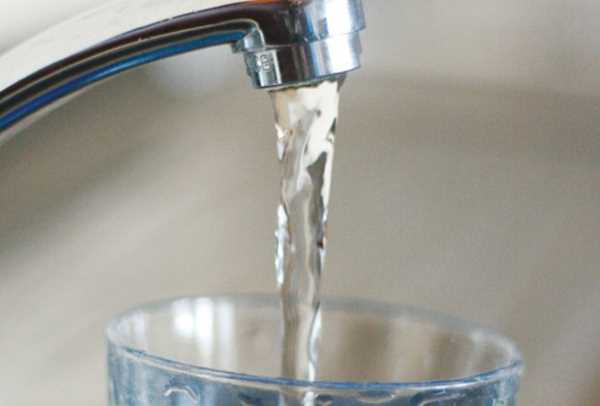
Rutendo Mazhindu
Zim Now Reporter
The Zimbabwe National Water Authority (ZINWA) announced Monday the launch of a nationwide operation targeting illegal bulk water dealers. This decisive action comes as part of a broader effort to restore order in the water sector, safeguard public health, and ensure compliance with national water regulations.
The authority stated that this “blitz” follows a significant surge in complaints regarding unauthorized bulk water abstraction and delivery activities across various towns. These unregulated operations not only pose serious health risks to consumers but also directly violate Zimbabwe's national water regulations.
Related Stories
"ZINWA is empowered to randomly collect and test water samples from bulk water sources and delivery trucks to ensure compliance with water quality standards," explained Marjorie Munyonga, ZINWA's head of corporate communications and marketing. This proactive measure aims to ensure that all bulk water supplied to the public is safe for consumption.
The ongoing operation is being carried out under the provisions of Statutory Instrument 90 of 2013, the legal framework that governs bulk water businesses in Zimbabwe. Under this law, all bulk water dealers, which include both borehole operators and water delivery truckers, are legally required to register with ZINWA. Crucially, the law also strictly prohibits the abstraction of raw water from residential areas without explicit authorization from the authority.
Munyonga emphasized that as part of this comprehensive campaign, ZINWA will be working closely with law enforcement agencies and other relevant authorities. This collaboration is designed to ensure full compliance and to enforce penalties where necessary, sending a clear message to those operating outside the law.
Bulk water dealers, including the owners of boreholes from which bulk water is abstracted, are obligated to maintain proper records of water abstractions from their sites. This requirement aims to create a transparent and traceable system for water distribution.
"Bulk water dealers are strongly advised to fully cooperate with ZINWA teams during this operation while the public can also report illegal or any suspected illegal bulk water activities to ZINWA," Munyonga urged. She further clarified the core objective of the initiative: "This exercise is about protecting consumers and ensuring that water supplied in bulk is safe and properly regulated."
The proliferation of the bulk water business and the increased drilling of community boreholes in residential areas can largely be attributed to the failure of many local authorities across the country to consistently supply potable water to residents. While these alternative sources have emerged to fill a critical void, they come with attendant health risks, as some of these unregulated water sources may not be safe for consumption.










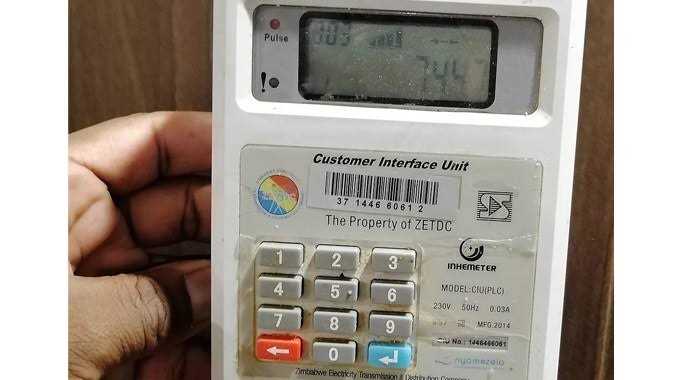
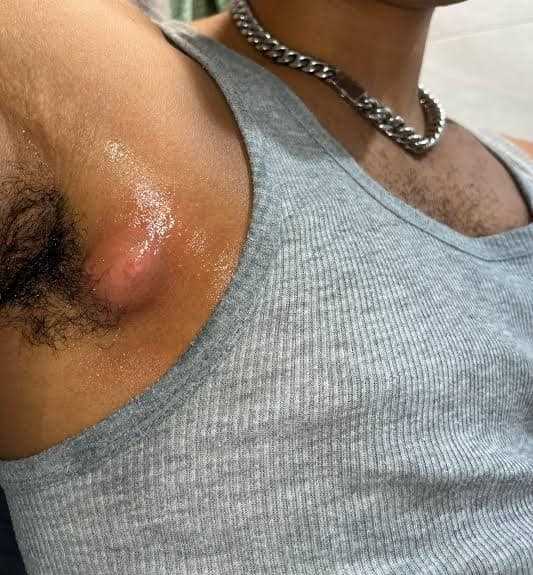
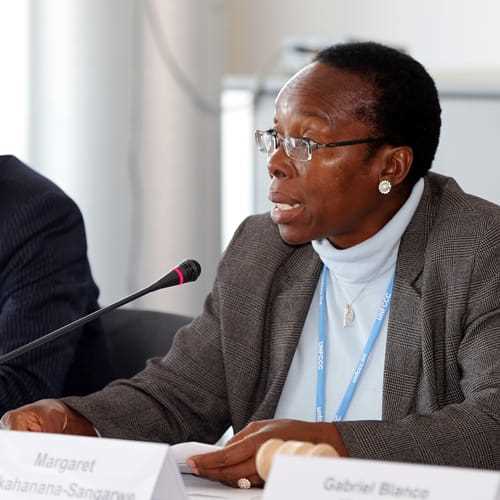

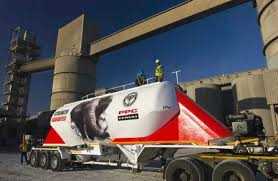





Leave Comments